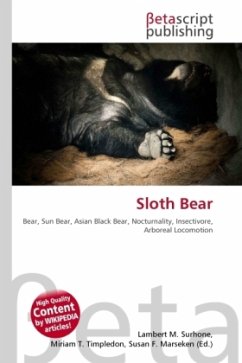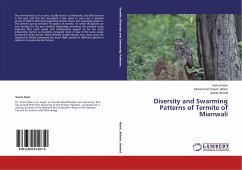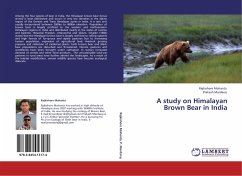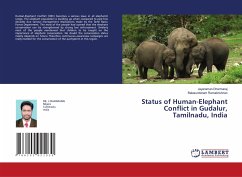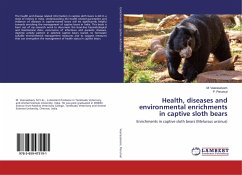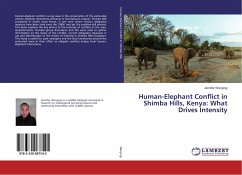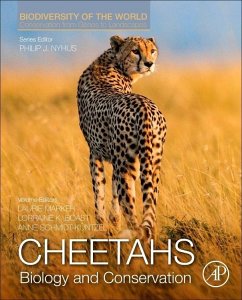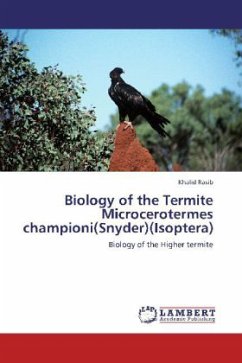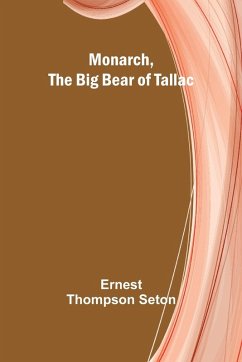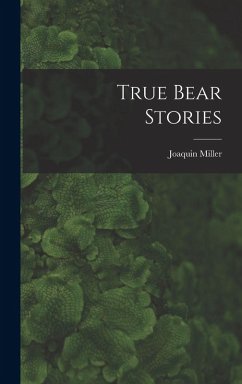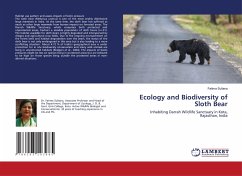
Ecology and Biodiversity of Sloth Bear
Inhabiting Darrah Wildlife Sanctuary in Kota, Rajasthan, India
Versandkostenfrei!
Versandfertig in 6-10 Tagen
27,99 €
inkl. MwSt.

PAYBACK Punkte
14 °P sammeln!
Habitat use pattern and assess impacts of biotic pressure The sloth bear (Melursus ursinus) is one of the most widely distributed large mammals in India. At the same time, the sloth bear has suffered as much as other large mammals from human impacts on forested areas. The Darrah Wildlife Sanctuary, which comprises both protected and unprotected areas, harbors a sizeable population of sloth bears (n=21). The habitat available for sloth bears is highly degraded and interspersed by villages and agricultural crop fields. Due to the ongoing encroachment on the forest land and habitat degradation ov...
Habitat use pattern and assess impacts of biotic pressure The sloth bear (Melursus ursinus) is one of the most widely distributed large mammals in India. At the same time, the sloth bear has suffered as much as other large mammals from human impacts on forested areas. The Darrah Wildlife Sanctuary, which comprises both protected and unprotected areas, harbors a sizeable population of sloth bears (n=21). The habitat available for sloth bears is highly degraded and interspersed by villages and agricultural crop fields. Due to the ongoing encroachment on the forest land and habitat degradation over the years, the status of the sloth bear is not only endangered in this area but is also leading to a more conflicting situation. About 4.72 % of India's geographical area is under protection for in situ biodiversity conservation and many wild animals are living in unprotected habitats (Rodgers et al., 2004). The impacts of biotic pressures might be less on species living in protected areas but are believed to be high on those species living outside the protected areas in man-altered situations.



